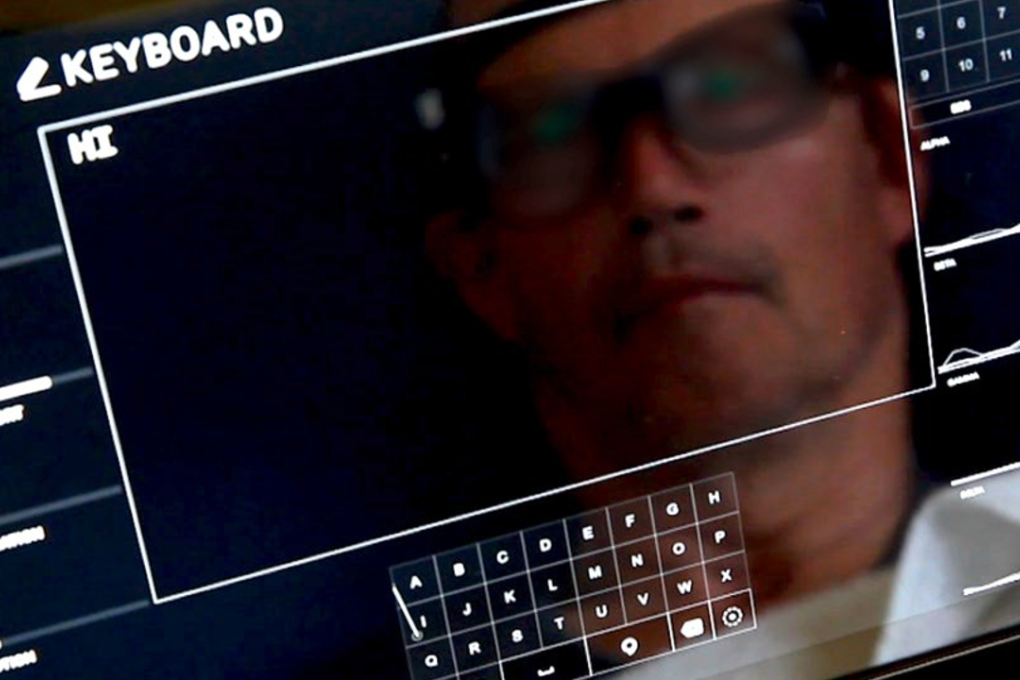A tiny start-up could beat Elon Musk and Mark Zuckerberg at linking brains and computers
Tesla’s Elon Musk and Facebook’s Mark Zuckerberg each aim to create the world’s first brain-computer interface, but a start-up called Nuro could beat them to the punch with a simpler piece of software

By Erin Brodwin
Two minds may be better than one, but one mind connected to millions of others would be infinitely superior.
That’s the thinking behind several companies that are currently racing to link mind and machine by way of devices called brain-computer interfaces. The first to put the functionality of a laptop in your head would pave the way for people to communicate seamlessly, instantly, and with whomever — or whatever — they want.
So far, two figures are publicly leading that race: Elon Musk and Mark Zuckerberg. Their clandestine projects, known as Neuralink and Building 8, respectively, focus on approaches that will require brain surgery, according to researchers familiar with their efforts.
But there’s a less ambitious and less invasive way to tackle the brain-computer interface problem. It involves translating data from brainwaves into simple commands that can be processed in an app or device. A startup called Nuro is taking this route. It hopes its software platform can give the ability to communicate back to people who’ve lost it as a result of severe injury or disease.
Outside researchers say the approach is simpler and less functional than invasive approaches, but easier to put into practice.
If Nuro’s product succeeds in that initial market, the company plans to expand the technology and test it more broadly in cars and homes. As a result, the company could shape the broader future of technologies that link mind and brain.